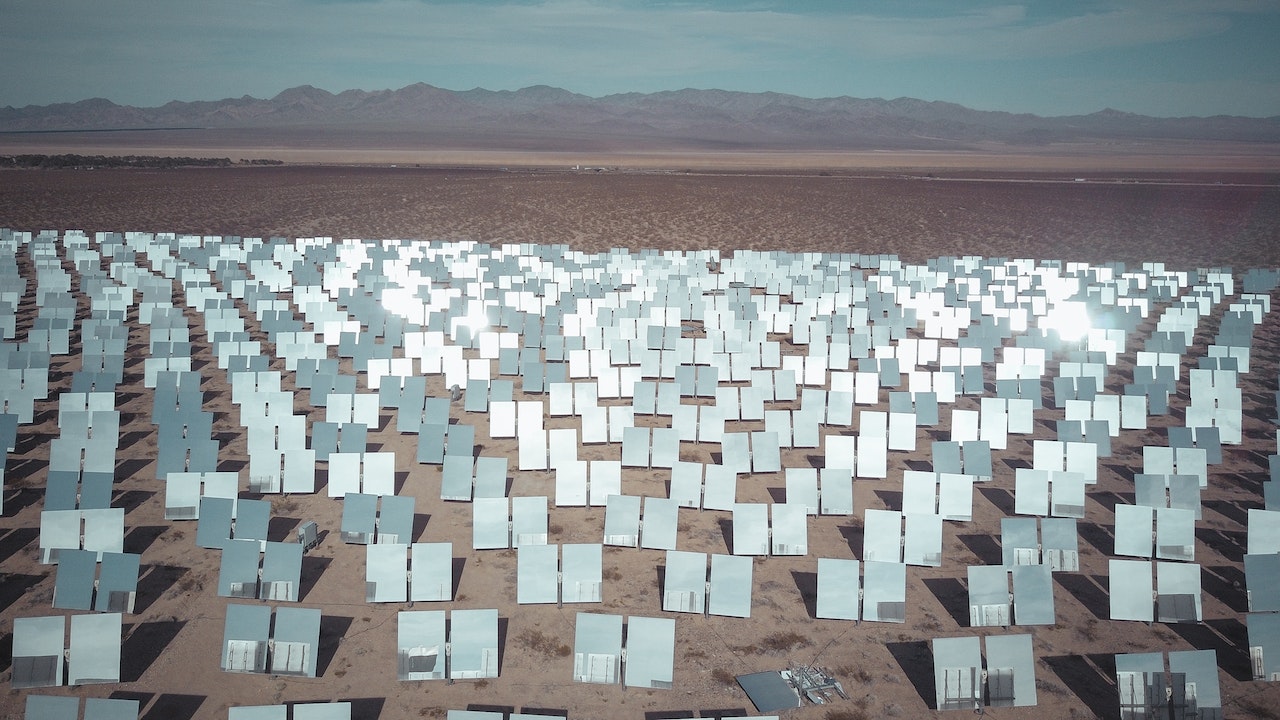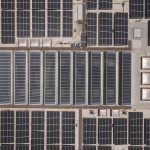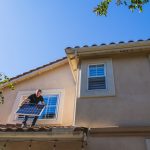Surety Bond Professionals is a family owned and operated bonding agency with over 30 years of experience. With access to a broad range of surety markets, our expert agents are ready to assist with all of your construction bond needs.
What Are the Primary Ethical Issues?
Construction companies and their customers are justifiably concerned about the integrity and ethical conduct of the companies that manufacture, distribute, or install solar panels. Homeowners and businesses that opt for solar energy do so for one or both of these reasons:
- to reduce their carbon footprint and support the use of renewable energy, and/or
- to reduce their electric bills and obtain any available tax advantages.
Not all companies involved in the solar industry operate in accordance with these expectations.
Ironically, some manufacturers of photovoltaic panels and related equipment also are involved in activities that are harmful to the environment. Some are owned by companies involved in industries that extract, refine, or sell petroleum products or are responsible for high greenhouse gas emissions. Some have investments in such industries.
Additionally, some companies in the solar industry have dubious sales practices and misrepresent what customers can expect to gain from installing solar panels. And some companies don’t treat workers fairly, particularly in countries that don’t do much to regulate employment practices or worker safety.
Fortunately, ethical solar companies far outnumber unethical ones. And there are some ways to help you find a reliable solar company.
How to Choose an Ethical Provider of Solar Products and Services
The Solar Energy Industries Association (SEIA) was established in 1974 and requires its members to operate according to its code of conduct. SEIA members pledge to be ethical in their treatment of customers and in terms of health, safety, and environmental values.
Key principles embedded in the SEIA code of conduct include:
- Being accurate and honest in representing the “cost, capabilities, reliability, performance, and other characteristics of solar products and services”
- Designing, building, installing, operating, and maintaining products “in a manner compatible with public health, safety, and environmental values”
- Employing only well-trained, certified, experienced individuals who can “provide current, correct, and understandable product information”
- Fairly representing the financial benefit of incentives offered by federal, state, utility, and local programs, and providing “rigorous documentation” to make it easy to claim such incentives
Solar companies who have pledged to comply with a code of conduct are more likely than not to live up to its principles. Construction companies looking for a reputable, ethical firm to provide or install solar panels will need to research each candidate’s background, online reviews, and references. And your customers can gain a measure of financial protection in the form of solar surety bonds.
Solar Surety Bonds
Some states and municipalities require construction companies offering solar panel installation to purchase a surety bond to protect each customer. There are several different types of solar surety bonds, each providing a different kind of protection. The most common are solar performance bonds, solar maintenance bonds, and solar decommissioning bonds.
A solar performance bond is the pledge of a company (known as the bond’s “principal”) to complete the job as contracted by the project owner (the bond’s “principal”). The surety bond is guaranteed by a third party (the bond’s “surety”).
If the principal fails to complete the work, resulting in financial harm to the obligee, the obligee can file a claim against the bond and be compensated for monetary damages. And if the surety finds the claim to be valid, the principal is legally obligated to pay it.
But because the surety has guaranteed that payment would be made, the surety typically will issue payment directly to the claimant. That payment is, in fact, a loan to the principal—a loan that must subsequently be repaid in accordance with the surety bond agreement. If necessary, the surety can take legal action against the principal if that debt is not repaid.
A solar maintenance bond (also referred to as a solar operations bond) is the principal’s guarantee to maintain and service a solar system for a certain length of time post-installation. Failure to do so would be a violation that could result in a valid claim for damages.
A solar decommissioning bond (sometimes called a restoration bond) often is required for large, commercial solar installations. This kind of solar surety bond has a very long term, as the average lifespan of a solar generating system is 25 years. The purpose is to ensure the removal of solar panels and other parts of a solar system and restoration of the site to its pre-installation condition.
If your construction firm decides to offer solar panel installation, you’ll need to ascertain the bonding requirements in your area.
Call Us Today
Our surety bond professionals will help you grow your revenue by maximizing your surety capacity. Call us today!





